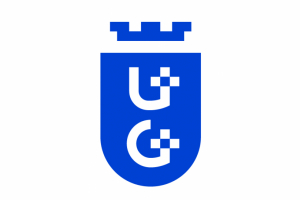
|
kryteria kwalifikacyjne |
uwagi |
|
Konkurs ocen na dyplomie – max 100 pkt 1) 1) Zasady przeliczania oceny na dyplomie na punkty określa § 12 ust. 2 i 3 Uchwały Senatu.
|
O przyjęcie na studia mogą ubiegać się absolwenci studiów licencjackich lub inżynierskich kierunku CHEMIA oraz absolwenci studiów licencjackich, inżynierskich lub magisterskich kierunków pokrewnych, na których program kształcenia jest zbliżony do programu kształcenia na kierunku CHEMIA. W przypadku absolwentów innych kierunków, decyzję o dopuszczeniu do postępowania rekrutacyjnego podejmuje komisja rekrutacyjna, na podstawie analizy programu ukończonych studiów i osiągniętych efektów. *Uwaga: Studia na kierunku Chemia, specjalność Digital Chemistry prowadzone są w języku angielskim. Znajomość języka angielskiego powinna być na poziomie minimum B2 (Europejski System Opisu Kształcenia Językowego - Common European Framework of Reference for Languages CEFR). Rekrutacja prowadzona jest bezpośrednio na specjalność Digital Chemistry. Studia bezpłatne prowadzone w języku angielskim. . |
liczba miejsc ogółem: 30
liczba miejsc ogółem: 20
W związku z dynamiczną sytuacją związaną z możliwością złożenia w dziekanacie rezygnacji przez osoby przyjęte na studia we wcześniejszych terminach, podane powyżej limity mogą ulec zwiększeniu. Zwiększenia limitów będą na bieżąco podawane w niniejszej zakładce i na rankingu w IRK.
